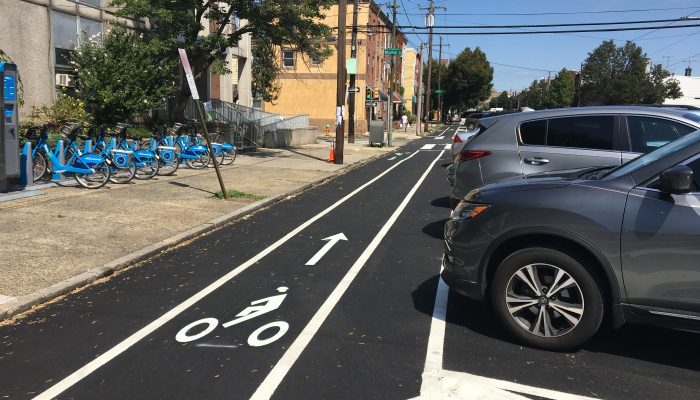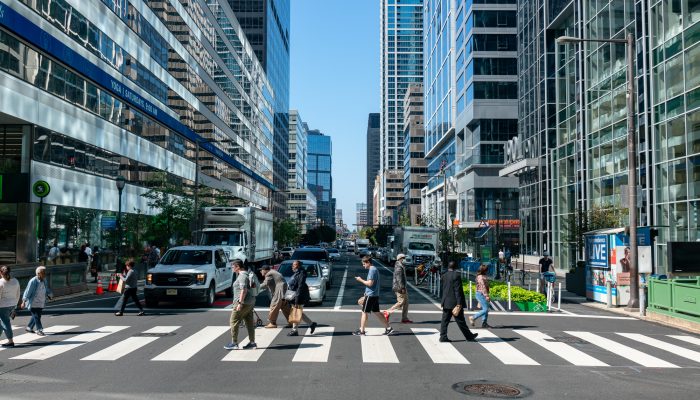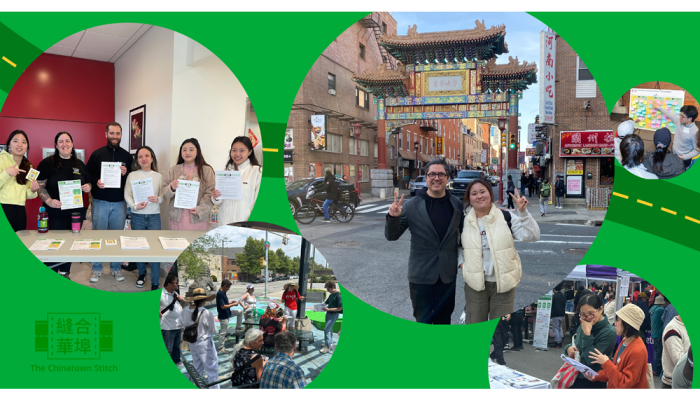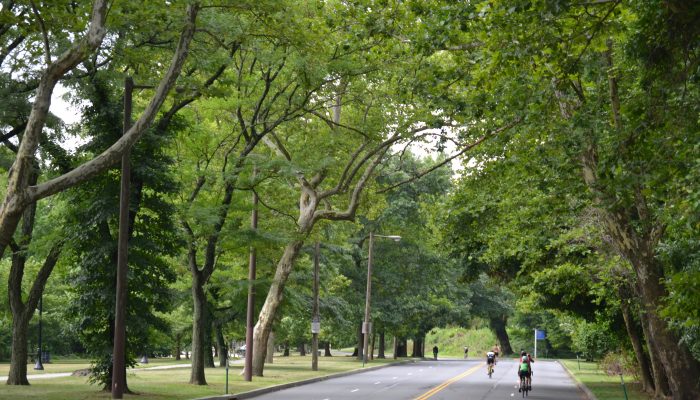Today, Mayor Jim Kenney begins his second term. One of his top five priorities is to continue working to make our streets cleaner and safer. Below are some of the ways that the Kenney Administration will accomplish these goals over the next four years.
Expanding street cleaning to more neighborhoods and commercial corridors across the city
The street sweeping pilot evaluation will be released in February to inform how the City can best expand the program. Expansion of the program will include looking at parking on alternate sides of the street, utilizing mechanical brooms, and more manual techniques on our smaller streets.
The Administration will also work with City Council, the Commerce Department, and the Streets Department to launch an expanded commercial corridor cleaning program, PHL Taking Care of Business. The additional $10 million investment approved by City Council will directly contribute to the city’s neighborhood revitalization—reducing blight and litter, creating job opportunities, and helping boost the capacity of some of our most engaged civic partners: neighborhood CDCs. As part of the program, the Streets Department will provide additional SWEEP officers to inform businesses regarding their trash disposal and maintenance responsibilities.
Investing $200+ million in street paving
Mayor Kenney committed the single largest investment of the capital budget—more than $200 million over six years—to repaving and roadway repairs.This investment has allowed for an additional crew and a steady increase in paving activity, reaching 94 miles in FY19. A third crew will be added, putting the City on track to pave to over 131 miles per year by 2023 across all neighborhoods. The Administration is also working to upgrade curb ramps throughout the city to be compliant with the Americans with Disabilities Act.
Designing safer streets that promote zero fatalities through Vision Zero
In the second term, efforts driven by the Vision Zero Action Plan to eliminate traffic fatalities in Philadelphia by 2030 will accelerate with a greater focus on pedestrian and child traffic safety. The Administration will continue to rollout its two inaugural Neighborhood Slow Zones, and will release an update to the Vision Zero three year plan and pedestrian safety study. The Administration will continue its partnership with Families for Safer Streets of Greater Philadelphia, the national Vision Zero for Youth organization, and the National Center for Safe Routes to School to inform our efforts.
Delivering 40 miles of protected bike lanes
The Kenney Administration is also committed to creating a high quality bike network. The Administration has already built 5.2 miles of protected bike lanes projects, like those on Ryan Avenue, Chestnut Street, Market Street, and John F. Kennedy Boulevard, which have shown it is possible to successfully create safe places to cycle while calming traffic for people driving and walking. The Administration will work with City Council to deliver on a goal of 40 miles of protected bike lanes by 2025.
Improving transit by supporting SEPTA’s ambitious redesign of the bus network
The Mayor is focused on the transformation of bus service over the next four years through a network redesign and by adding and improving bus priority lanes. The bus system has 163 million riders per year, which is greater than the ridership of trolley, regional rail, and subway lines combined (150 million riders). Making the bus network more reliable, affordable, and attractive will make a significant improvement in the daily life of residents and visitors alike. The bus network redesign will take a fresh look at bus service in Philadelphia to decrease duplication and excess service and to increase connection opportunities so riders can get to where they need to go faster and more reliably.




